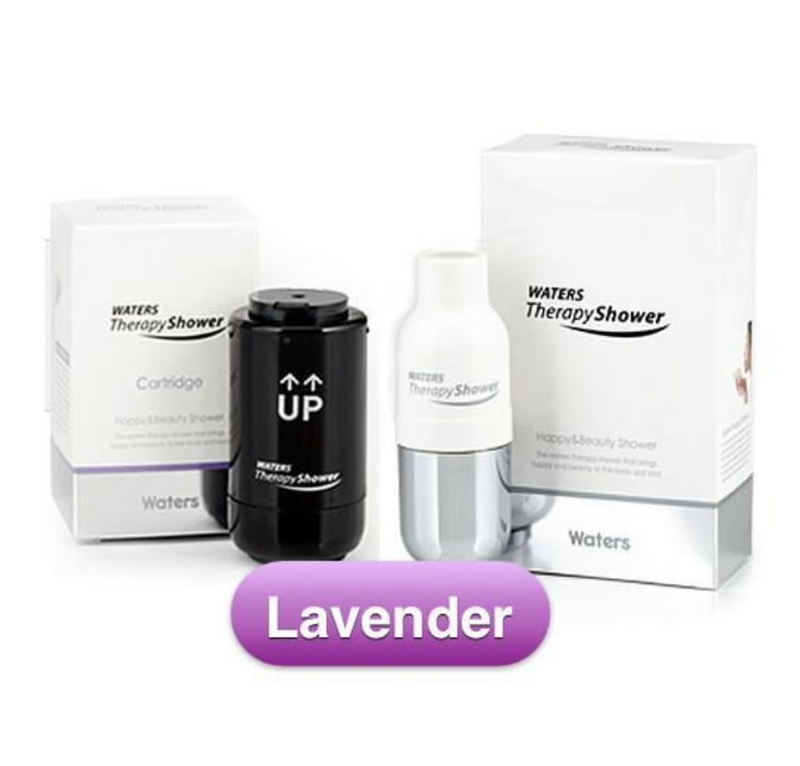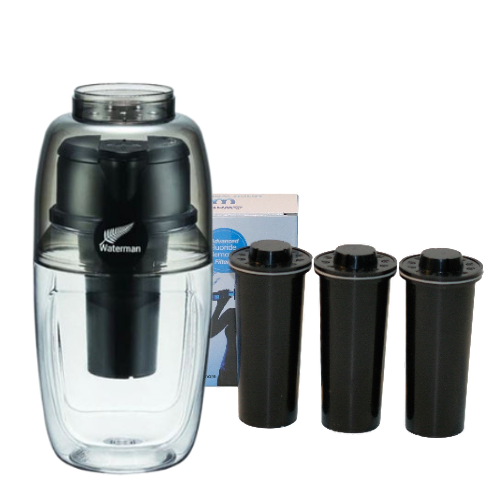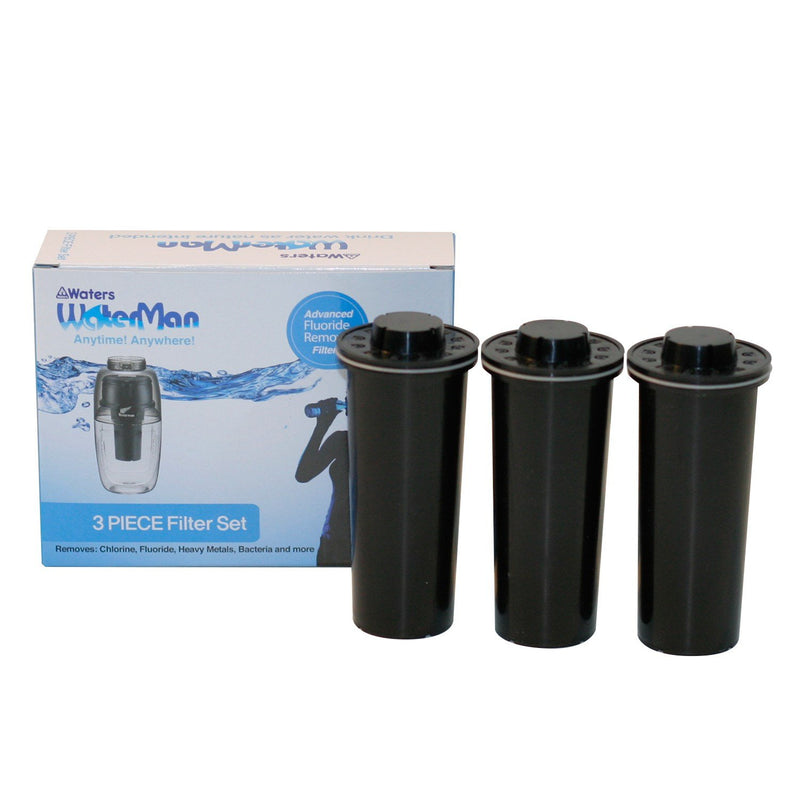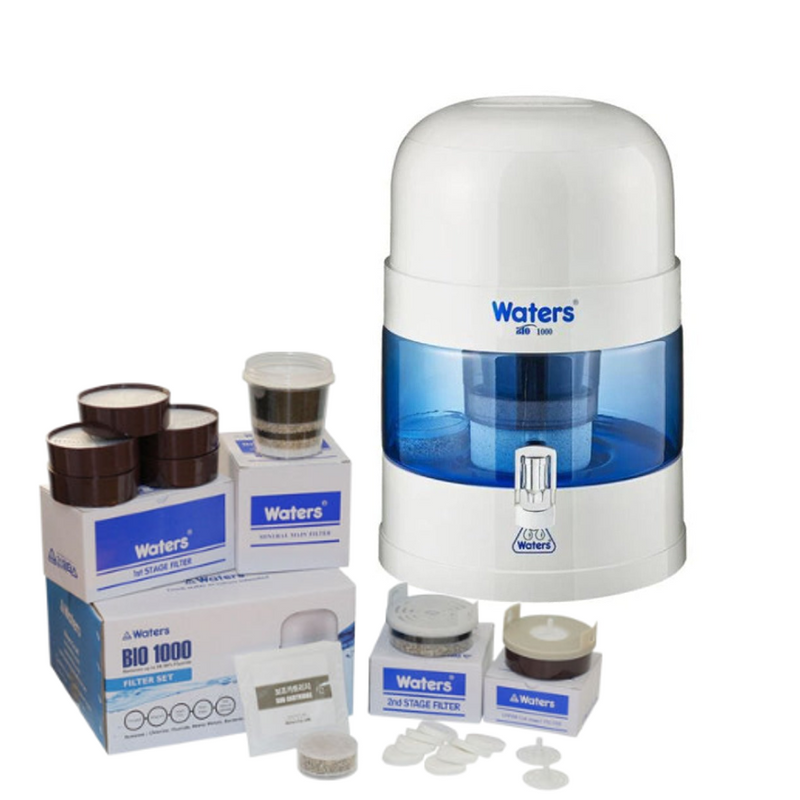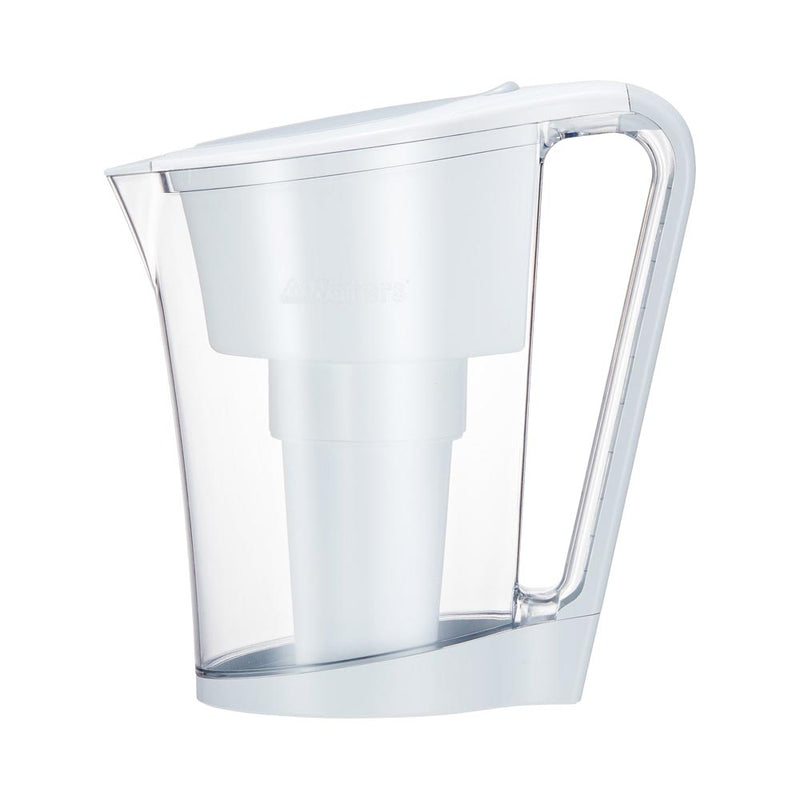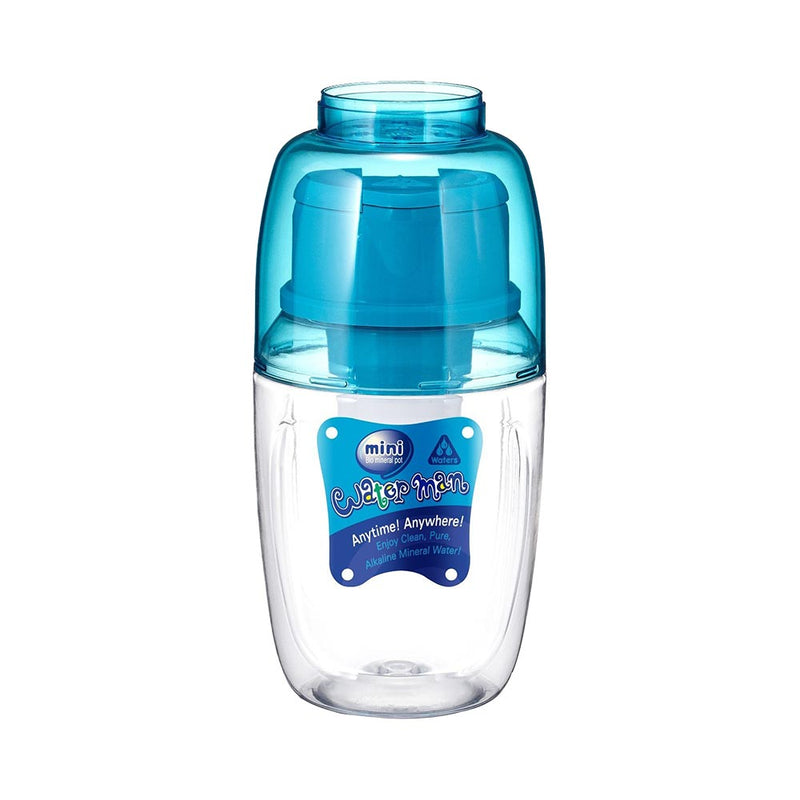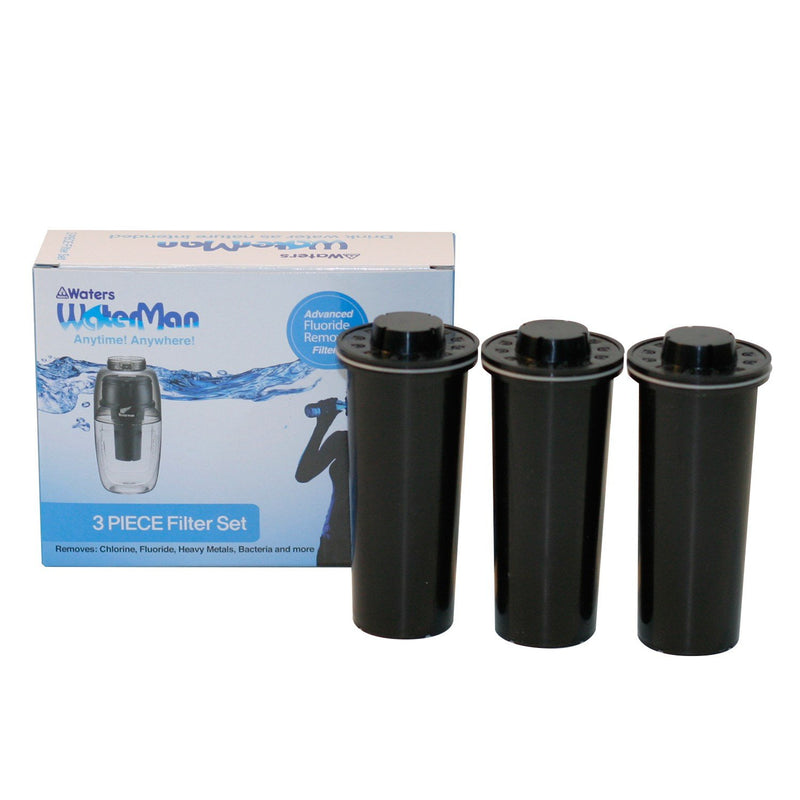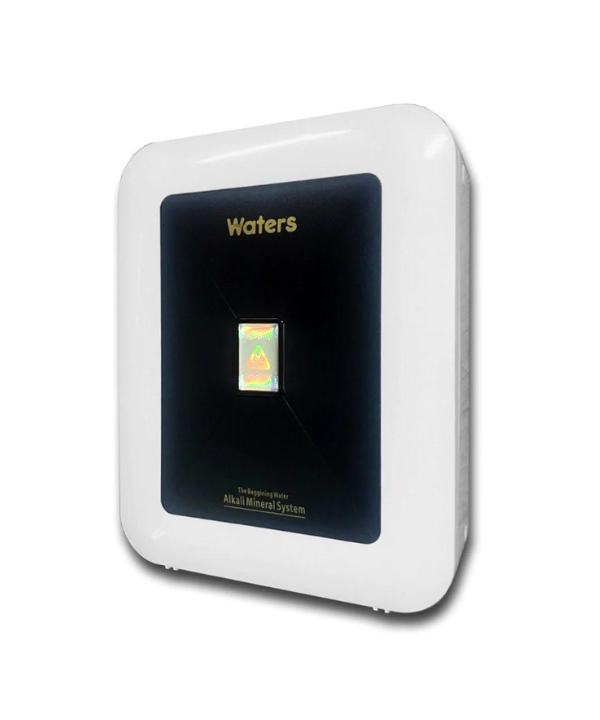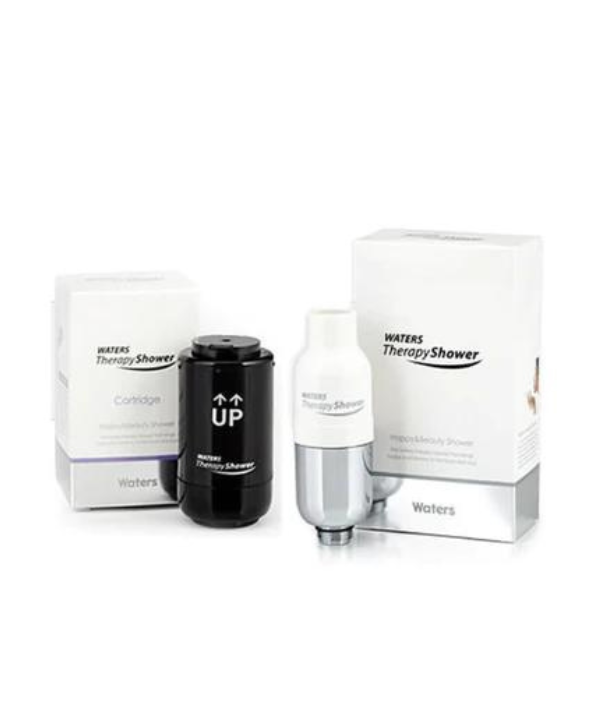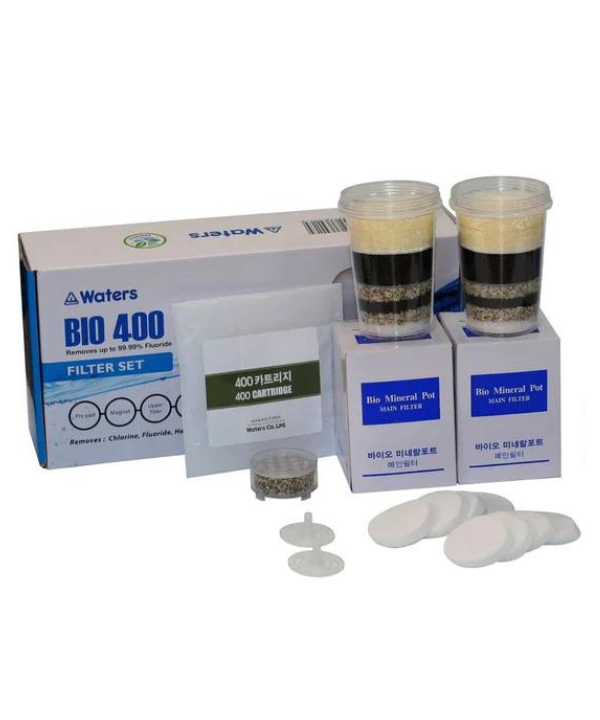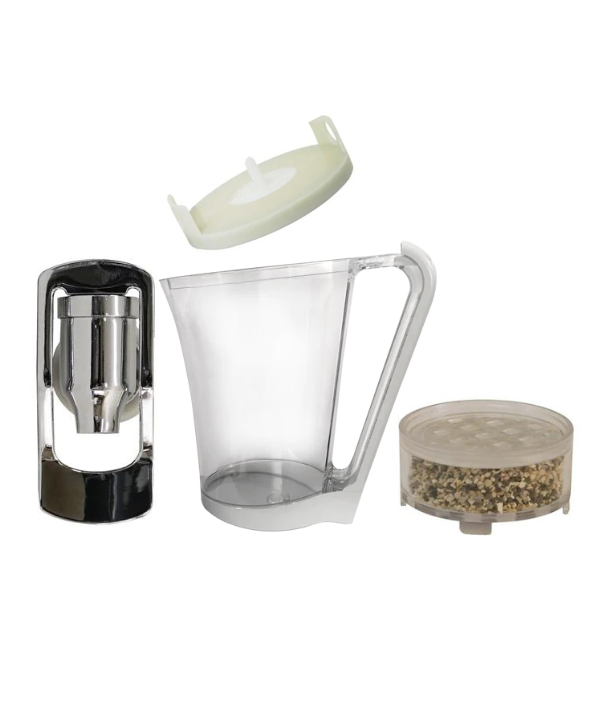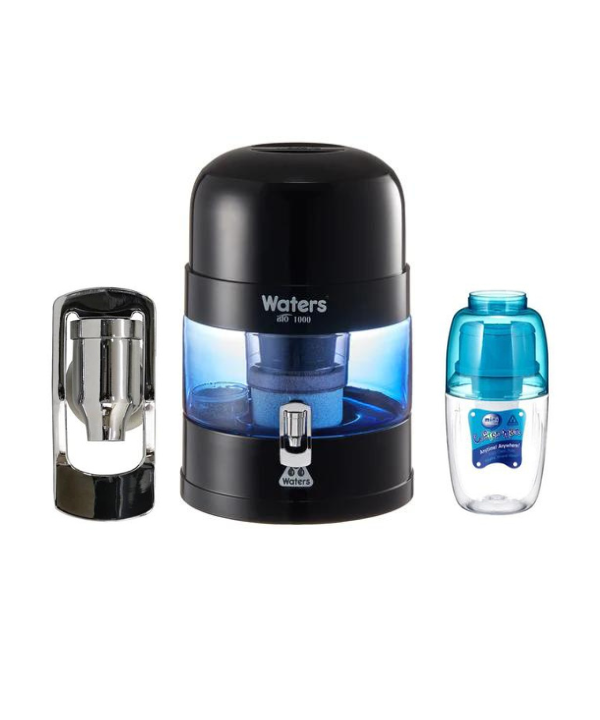How Single-Use Water Bottles Could Be Harming Your Health
According to Cool Australia, thirsty Aussies spent up to $2 billion on bottled water in 2015 alone. Further consumers buy more than 118,000 tonnes’ worth of plastic drink bottles from the shops each year. But drinking out of PET bottles isn’t just hurting your wallet – it could also be harming your health and the environment.
The potential dangers of reusing PET bottles
Most plastic containers release trace amounts of chemicals into liquids and food. But as temperatures increase, and as time progresses, the chemical bonds in plastic bottles break down and are more likely to leach into the beverages they contain.
Waters Co is believes in protecting the health of consumers by providing water filters and safe reusable bottles.
In 2008, scientists at Arizona State University studied how heat speeds up the release of antimony, a chemical that can be toxic in high doses, in polyethylene terephthalate (PET) bottles.
They found safe levels of antimony in bottled water in mild weather. On warmer days, however, it took less time for the chemical to leach into drinking water.
It takes 38 days for water bottles to show amounts of antimony that exceed safety recommendations in temperatures reaching 65.5°C/150°F.
For reference, average summer temperatures in Australia range between 20°C/68°F and 35°C/95°F. Further the interior of a car or truck can easily be 30°C hotter than outdoor temperatures in the warmer months.
Scientists and researchers urge consumers to keep bottled water under the same conditions as other goods – that is, under reasonable temperatures and away from direct sunlight.
Single use plastic bottles crowd our landfills

PET bottles don’t just pose a risk to human health – they also contribute to Australia’s plastic waste. Although single use bottles are recyclable, Wollongong University states that Australia only recycles about 36% of used PET bottles. Nearly 373 million PET bottles end up in the landfills each year, where it can take 1,000 for the plastic material to disintegrate.
Some of our plastic waste also ends up in the oceans, where plastic bottles break into smaller pieces and harm animals that mistake them for food. According to UOW, plastic bottles are among the most common litter items during Clean Up Australia Day.
Bottled water also requires much of our precious resources – it takes about one litre of oil and three to seven litres of water to produce just one litre of bottled water.
Safe reusable bottles do exist

To cut back on plastic use, consider purchasing a reusable bottle to bring with you at all times. This will help you reduce your dependence on single-use plastic bottles from the shops. The Mini BMP Waterman, for example, is made of ABS plastic, which is a stable and higher quality plastic that does not leach chemicals into liquids. It comes with a replaceable filter that eliminates fluoride and other contaminants in tap water.
ABS plastic’s increased strength and temperature resistance makes it a durable and safe alternative to PET bottles, which mustn’t be reused, especially when they show signs of degradation, such as cracks and discolouration. Aside from the potential for leaching, bacteria and fungi can also grow in these cracks.
ABS plastic is also categorised as a #7 plastic that can be easily recycled.
Further reusable bottles will cost you less in the long run – according to UOW, bottled water costs more than petrol per litre. Buying the recommended daily intake of 8 glasses would cost roughly $3650 a year while the same amount of tap water would only cost $0.98 by comparison. The Mini BMP Waterman’s built-in filter helps you remove contaminants from tap water so you can stay hydrated no matter where you are.
Waters Co is committed to providing safe, clean, and healthy drinking water to all Australians. Browse our store for reusable personal jugs and more. So you can have peace of mind every time you drink water out of a bottle.


